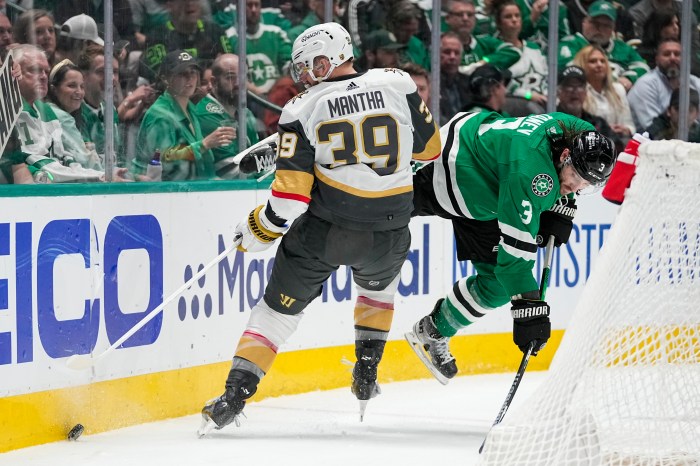While his main vocation is still music, Nick Cave admits he’s more than happy to write a screenplay whenever director John Hillcoat asks him to. The latest request from Hillcoat? Adapting Matt Bondurant’s book “The Wettest County in the World,” about Bondurant’s grandfather and great-uncles running a thriving moonshining operation during Prohibition, into the film “Lawless.” Cave also got to take a crack at the music for the film — as he’s often done for Hillcoat, most recently for 2009’s “The Road.” For “Lawless,” he found some unusual inspiration in the Velvet Underground.
How did you feel about changing the title from “The Wettest County in the World” to “Lawless”?
Matt’s title — this is what I’m told — didn’t translate into other countries. Look, I didn’t have anything to do with that. It was a decision that was made closer to when it came out. There’s been various reasons why. Foreign territories couldn’t translate it effectively, so the film would then have a bunch of different names, and that was not good for the film. I’ve heard that it sounded like a porn film, “The Wettest County.” But at the end of the day, I think probably “The Wettest County in the World” was just too lyrical to drag in the youth market.
But you’re happy with the new title?
Um … yeah, sure. (laughs)
When you’re adapting from a book, do you worry you’re not putting enough of yourself in?
I don’t have those worries at all. [Laughs] I come to screenwriting in a different way. First of all — and I’m not saying this in some kind of humble way — I’m really coming in it in that John Hillcoat, my dear friend, asked me to do something, and I can do this stuff fast and relatively easily. The dialogue is so good in the book, we used as much of it as we could. And any other dialogue is really imitating the dialogue from the book anyway. But I think sometimes it’s good to bring somebody other than the actual writer of the book, that they just have a sense of removal from the story and can be relatively ruthless in their decisions about the story and characters.
Were Tom Hardy’s vocal tics in the script?
You can’t write that stuff. No, that was all Tom. He’s great. I mean, the film’s a great film and all of that stuff, but for me Tom’s performance kind of elevates this film into something really special because of the way he interprets that character. I mean, everyone acts beautifully in the film, but nobody acts quite so bizarrely as Tom does.
Where did the idea come from to include period versions of more modern songs, like with the Velvet Underground?
I’m not really sure. Initially we were looking at songs of the time, obviously. But I just personally felt that had been done a lot and had been done really well, like “O Brother Where Art Thou.” I didn’t want to be chasing that kind of thing. So the time started to shift a little bit. … And then, “f– it, let’s take something from way over there and see what that’s like, and then kind of replay it in a sort of attempt to capture that kind of spirit of that time.” But you know, something like “White Light, White Heat” already sounds very much fitted to the time anyway on some level — there’s a sort of boxiness to the way it’s recorded. I think that was the first one, and once we had that we went, “OK, that’s what we’re doing,” so the whole field was open. Modern music is still bashing on about the same sort of thing, you know? The pleasures of indulging in illegal substances.


















